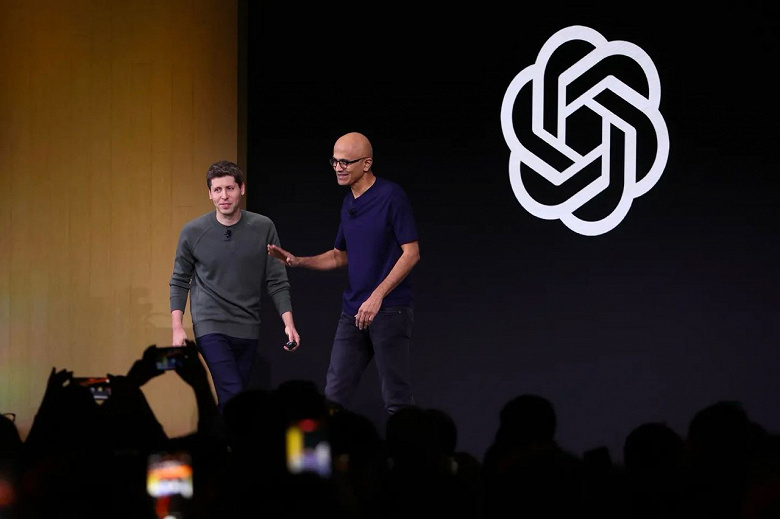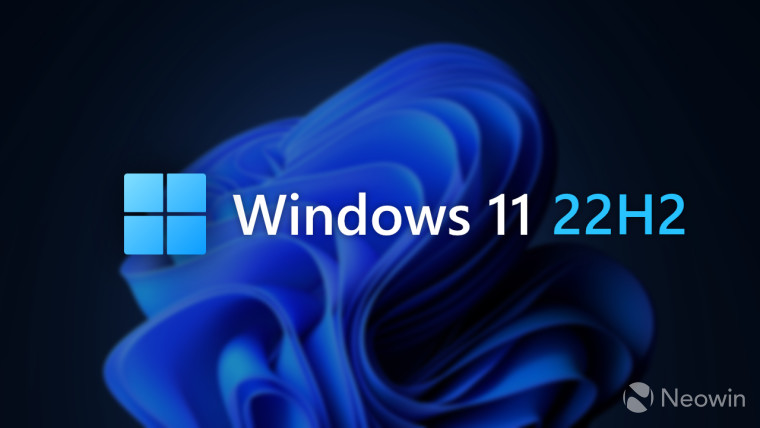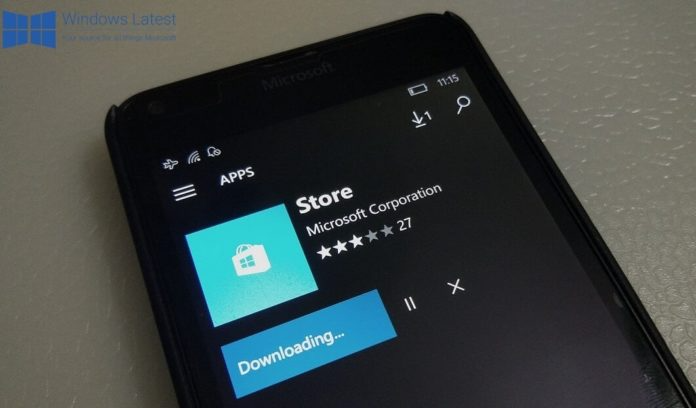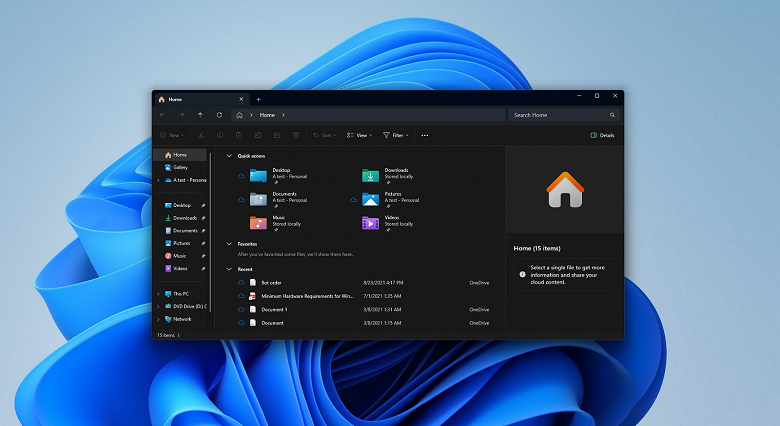Microsoft says new Windows 10 PCs will have AV1 hardware support
The Alliance for Open Media (AOM) is a consortium founded by Microsoft, Google, Mozilla, Cisco, Intel, Netflix, and Amazon in 2015. It focuses on the development of next-generation media formats, codecs, and technologies in the public interest. In 2018, AOM announced the public release of the free AOMedia Video Codec 1.0 (AV1) specification, and now it is finally becoming the standard on PC.










